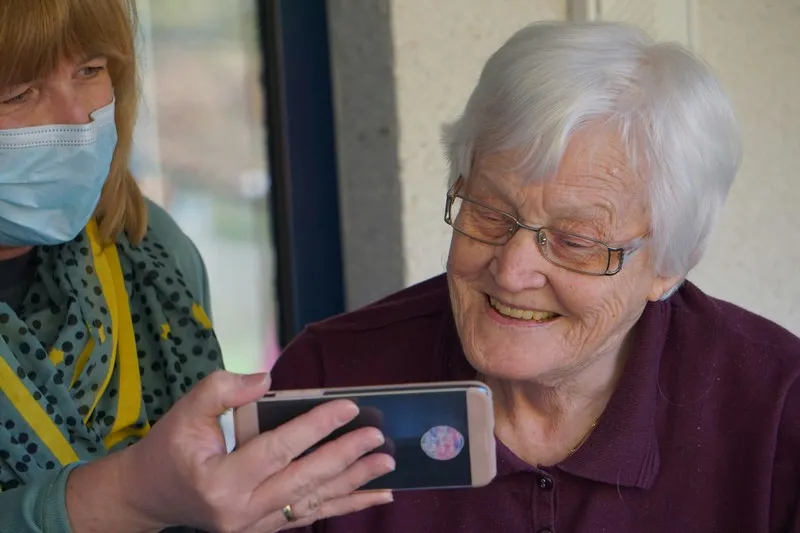Communication is a fundamental aspect of human interaction and plays a crucial role in the field of sociology. In this article, we will outline and explain the concept of communication and its significance within the sociological context.
Definition of Communication
Communication can be defined as the process of exchanging information, ideas, and emotions between individuals or groups through various mediums, such as verbal and non-verbal cues, symbols, and gestures. It involves the transmission and reception of messages, allowing individuals to share and understand each other’s thoughts, feelings, and intentions.
Types of Communication
Communication can take various forms, each serving a specific purpose within social interactions. The main types of communication include:
- Verbal Communication: This form of communication involves the use of spoken or written language to convey messages. It includes conversations, speeches, interviews, and written texts such as books, articles, and letters.
- Non-Verbal Communication: Non-verbal communication refers to the transmission of messages without the use of words. It includes facial expressions, body language, gestures, and eye contact. Non-verbal cues often complement or reinforce verbal communication.
- Visual Communication: Visual communication involves the use of visual aids, such as images, graphs, charts, and videos, to convey information. It is widely used in media, advertising, and presentations.
- Written Communication: Written communication includes any form of communication that is recorded in written or printed form. It can be formal or informal, such as emails, reports, memos, or social media posts.
- Interpersonal Communication: Interpersonal communication occurs between individuals or small groups and is characterized by direct face-to-face interaction. It plays a vital role in building relationships, resolving conflicts, and maintaining social connections.
- Mass Communication: Mass communication involves the transmission of messages to a large audience through mass media channels, such as television, radio, newspapers, and the internet. It influences public opinion, shapes cultural norms, and disseminates information on a wide scale.
Importance of Communication in Sociology
Communication is a central concept in sociology, as it influences social structures, relationships, and the construction of meaning within societies. Here are some key reasons why communication is important in sociology:
1. Social Interaction:
Communication is the foundation of social interaction. It enables individuals to connect, share experiences, and establish relationships with others. Through communication, individuals negotiate their roles, express their identities, and form social bonds. It is through communication that social norms, values, and expectations are transmitted and learned.
2. Socialization and Culture:
Communication plays a vital role in the process of socialization, where individuals acquire the knowledge, skills, and values necessary to participate in society. It is through communication that cultural beliefs, traditions, and norms are passed down from one generation to another. Language, as a form of communication, shapes our understanding of the world and influences our cultural perspectives.
3. Power and Social Hierarchies:
Communication reflects and reinforces power dynamics within society. It can be used to exert control, influence opinions, and maintain social hierarchies. Those with access to communication channels, such as media or political platforms, can shape public discourse and control the flow of information. Communication also plays a role in social movements, activism, and resistance against oppressive systems.
4. Social Change and Transformation:
Effective communication is essential for social change and transformation. It allows individuals and groups to voice their concerns, advocate for their rights, and mobilize collective action. Communication can challenge existing social structures, promote social justice, and facilitate the exchange of ideas and innovations.
Conclusion
Communication is a multidimensional concept that underlies all aspects of human interaction. In sociology, understanding communication is crucial for comprehending social dynamics, cultural processes, and power relations within societies. By recognizing the various forms and functions of communication, sociologists can analyze and interpret social phenomena, contribute to social change, and promote effective communication practices.





